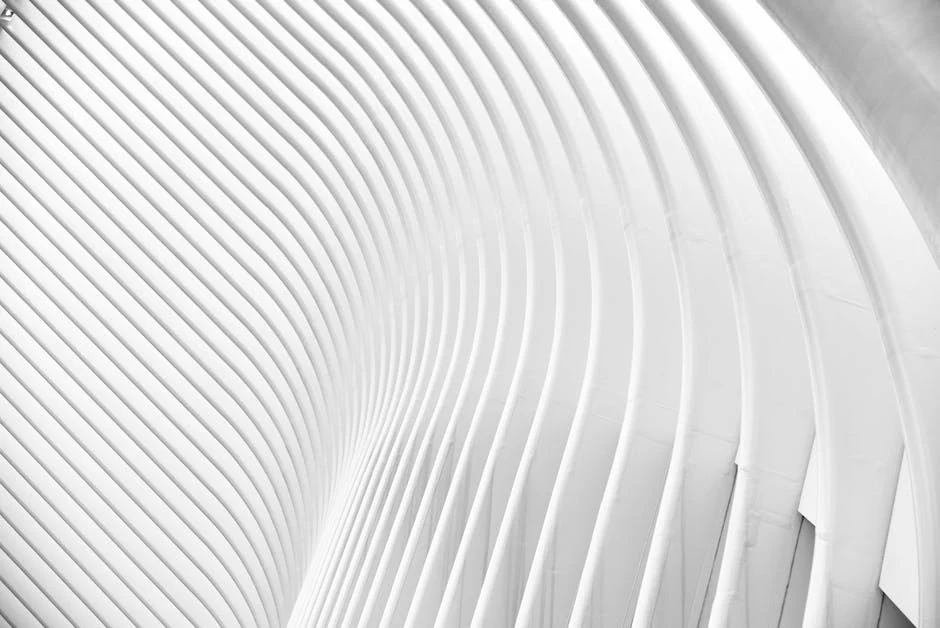
The Art of Creating Custom Floorplans for your Dream Home
Understanding the importance of custom floorplans Custom floorplans are crucial in creating a home that fits your exact needs and desires. They allow you to personalize the layout and design


Understanding the importance of custom floorplans Custom floorplans are crucial in creating a home that fits your exact needs and desires. They allow you to personalize the layout and design

Understanding dynamic spaces in your home Dynamic spaces in your home refer to areas that can be easily adapted or transformed to suit different purposes and activities. These spaces are

Home renovation trends in Calgary Home renovation trends are constantly evolving, and it’s important to stay updated. Here are the top 10 trends in home renovations for 2024. Sustainable and
#115 – 1925 18 Ave NE
Calgary, Alberta T2E 7T8
View Google Map
Phone
Fax
Email
Mon – Fri
Weekends
Holidays
8:00am – 4:30pm
By Appointment
Closed
